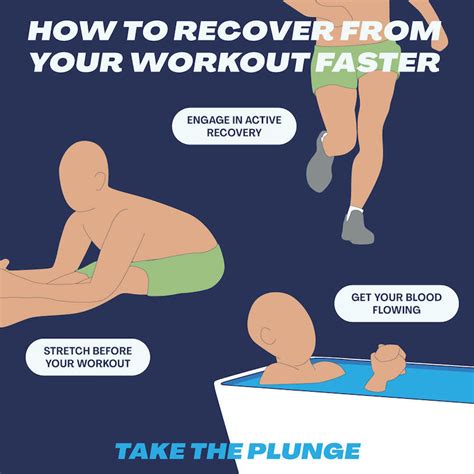The Unsung Hero: Why Post-Workout Recovery Matters
Many men focus intensely on their lifting regimen, pushing boundaries in the gym, but often overlook an equally critical component of their fitness journey: post-workout recovery. The reality is, muscle growth and strength gains don’t happen during your workout; they happen when your body repairs and rebuilds itself afterwards. Effective recovery is the cornerstone for minimizing dreaded delayed onset muscle soreness (DOMS), preventing injuries, and ensuring consistent progress towards your physique and performance goals.
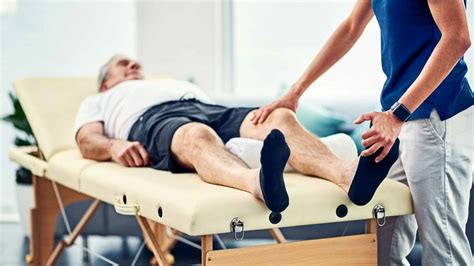
Fueling Your Recovery: The Power of Post-Workout Nutrition
What you consume after a strenuous workout dictates how efficiently your body rebuilds. While the ‘anabolic window’ for immediate post-workout nutrition is not as rigid as once believed, consistent intake of key macronutrients remains vital for optimal recovery and growth.
Protein: The Building Blocks
Muscle protein synthesis (MPS) is the process by which your body repairs damaged muscle fibers and builds new ones. Consuming 20-40 grams of high-quality protein (like whey, casein, chicken, fish, or plant-based options) within a few hours post-workout provides the essential amino acids needed for this process. Aim for a consistent protein intake throughout the day, not just immediately after training, to support continuous muscle repair.
Carbohydrates: Replenishing Energy Stores
Glycogen is your body’s primary fuel source during intense exercise. Replenishing these stores post-workout with complex carbohydrates (oats, brown rice, sweet potatoes, whole grains) is crucial for restoring energy levels and preparing your muscles for your next session. A 2:1 or 3:1 carb-to-protein ratio is often recommended, depending on the intensity and duration of your workout.
Hydration: More Than Just Water
Sweating during exercise leads to fluid and electrolyte loss. Dehydration can impair recovery, reduce performance, and exacerbate soreness. Drink plenty of water throughout the day, and consider electrolyte-rich beverages if your workouts are long, particularly intense, or you sweat profusely.
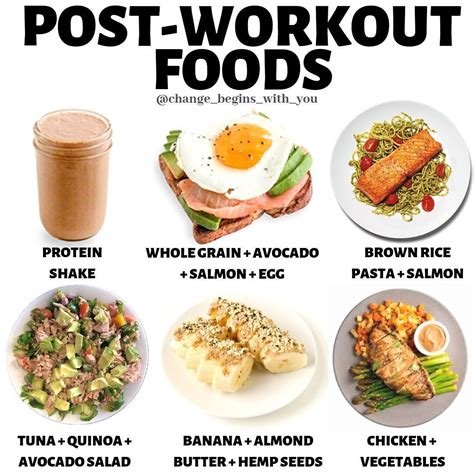
The Undeniable Importance of Quality Sleep
Sleep is arguably the most potent recovery tool you have. During deep sleep stages, your body releases human growth hormone (HGH), which is vital for muscle repair, growth, and fat metabolism. Aim for 7-9 hours of quality, uninterrupted sleep per night. Creating a consistent sleep schedule, ensuring a dark and cool room, and avoiding screens before bed can significantly improve your sleep quality and, by extension, your recovery capacity.

Active Recovery & Mobility: Keeping the Blood Flowing
While complete rest days are essential, ‘active recovery’ can be highly beneficial on other days. Light activities like walking, cycling, or swimming at a low intensity help increase blood flow to muscles, delivering nutrients and flushing out metabolic waste products without adding further stress. Incorporating dynamic stretching before workouts and static stretching or foam rolling after workouts can improve flexibility, reduce muscle tightness, and potentially alleviate delayed onset muscle soreness (DOMS).
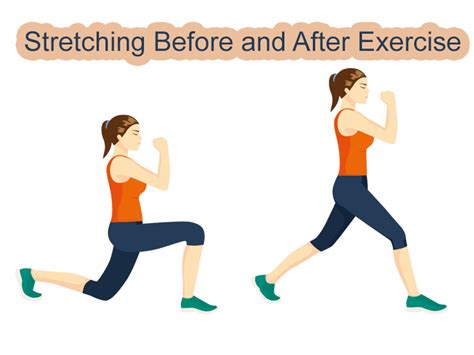
Strategic Supplementation (When Appropriate)
While whole foods should always be your priority, certain supplements can complement your recovery efforts. Whey protein is excellent for quick protein delivery. Creatine monohydrate can help with strength and power output, indirectly aiding recovery by improving workout quality over time. BCAAs (Branched-Chain Amino Acids) may help reduce muscle breakdown during exercise and support recovery, though their role is less critical if sufficient dietary protein is consumed. Always consult with a healthcare professional or registered dietitian before adding new supplements to your regimen.
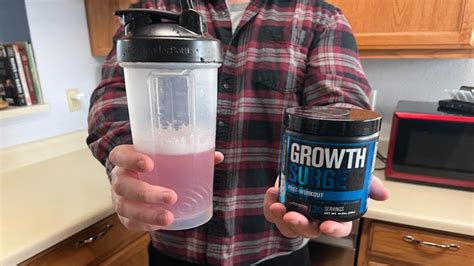
Listen to Your Body and Manage Stress
Overtraining is a common pitfall. Pay attention to persistent soreness that doesn’t improve, chronic fatigue, or a decline in performance. These are signs your body needs more rest. Furthermore, chronic stress elevates cortisol levels, which can hinder muscle growth and recovery. Incorporate stress-reducing activities like meditation, yoga, spending time in nature, or engaging in hobbies to support overall well-being and optimize your body’s ability to recover.
Conclusion: Consistency is Key
Optimizing post-workout recovery isn’t about implementing one magic trick; it’s about consistently applying a holistic approach. By prioritizing proper nutrition, adequate sleep, strategic active recovery, and listening to your body, men can significantly reduce muscle soreness, accelerate muscle repair, and ultimately unlock their full potential for strength and muscle gains. Make recovery an integral part of your fitness routine, not an afterthought, to build a stronger, more resilient body.
